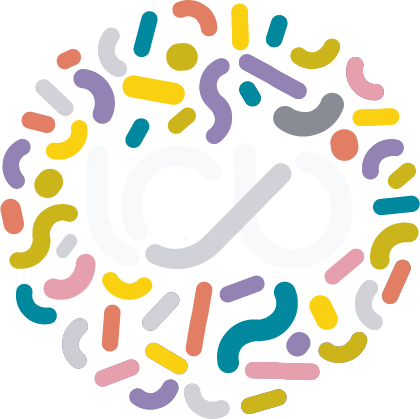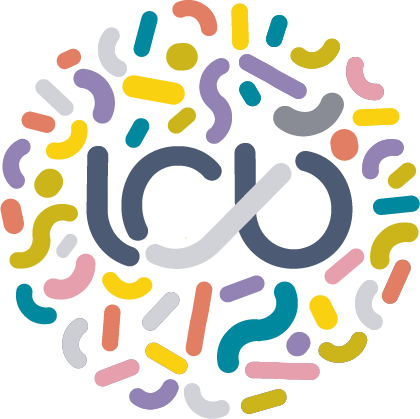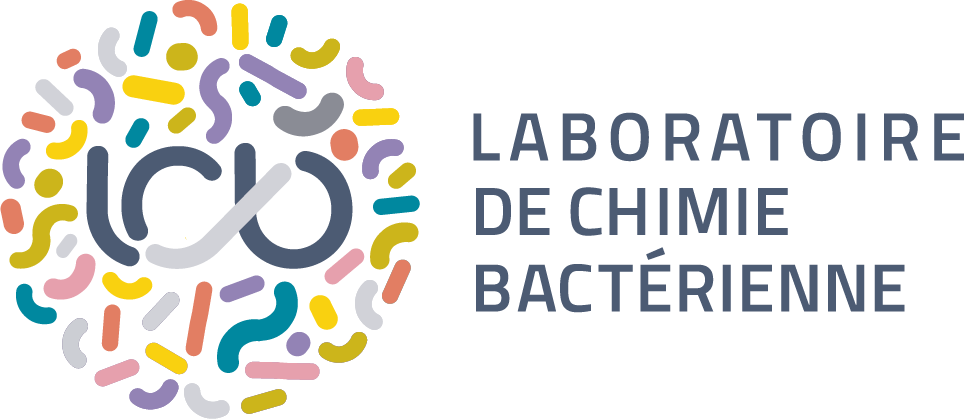Ecocell
presentation
In the light of the environmental crisis that our planet is facing, researcher’s actions must be oriented towards a sustainable development. For this purpose, some LCB members created in 2019 the “Ecocell” group. Initially conceived as a think-tank providing suggestions and solutions to make the LCB research activity respectful of the environment, Ecocell quickly turned into a common service promoting concrete actions aiming to reduce the LCB wastes, to recycle electronics and consumables, and limit the carbon emissions, as well as to improve the quality life at work. Here are some of the Ecocell actions :
Contact
- Use less plastic consumables
Many plastic tools are being replacing with glass ones. For example, Ecocell requested the purchasing of over 1000 glass pipettes to gradually replace the plastic ones, and equipped the institute glass-washing service with adapted baskets to wash them. Once washed, the glass pipettes are placed in dedicated containers and made available for all LCB research groups.
Ecocell also promoted brands of plastic tips that recycle their plastic boxes and containers. Ecocell advices also the reuse of consumables whenever possible (ex. Falcon tubes, aluminum foil…). These actions will allow an important annual reduction of the plastic waste.

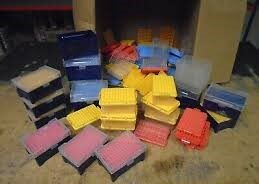
- Facilitate the waste recycling
Recycling bins for several recyclable materials, including paper, plastics, aluminium foil, batteries, printer cartridges and pens, have been installed and made available for all LCB members. Also, Ecocell produced and made available a map to locate the different recycling bins for the different wastes inside and near the CNRS campus. Ecocell takes care of the recycling or repairing electronics, computers and scientific instruments.
- Calculating the LCB carbon footprint
Since 2021, Ecocell is actively engaged in calculating the LCB carbon footprint deriving from travelling, missions, heating, refrigerating fluids, electricity and informatics. Based on a methodology common to all the laboratories participating in Labos1point5, the LCB has quantified its carbon footprint (Figure) and will implement a multi-year action plan to gradually reduce it.

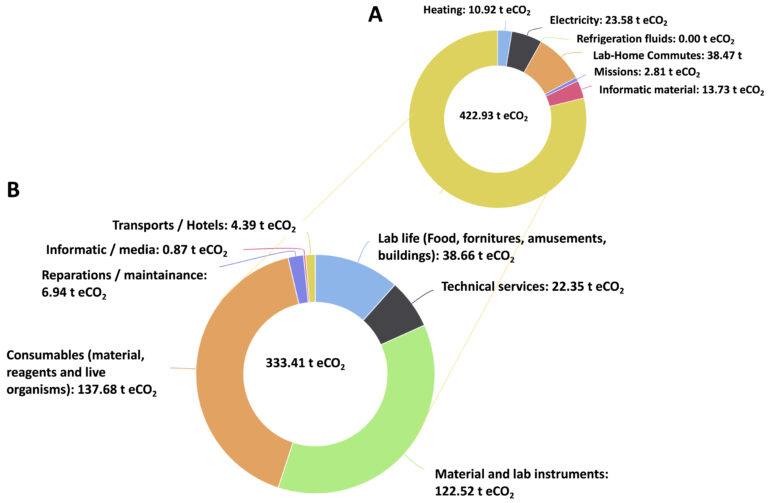
Legend: Energy consumption expressed in LCB CO2 emission calculated for the year 2021.
A. Global eCO2 emission per activity.
Laboratory life is colored in yellow and further analysed in B.
- Improving the quality of the daily life at work
Coherently with the aim to reduce the LCB carbon footprint, but also to improve the conditions of working remotely during the Covid pandemic, Ecocell applied for and obtained a CNRS funding for the “ComBox” project. This project allowed the set-up of a room entirely dedicated to webinars, podcast productions, teaching courses and meeting remotely. The implementation of this service greatly reduced the travelling for seminars, short meetings and committees.
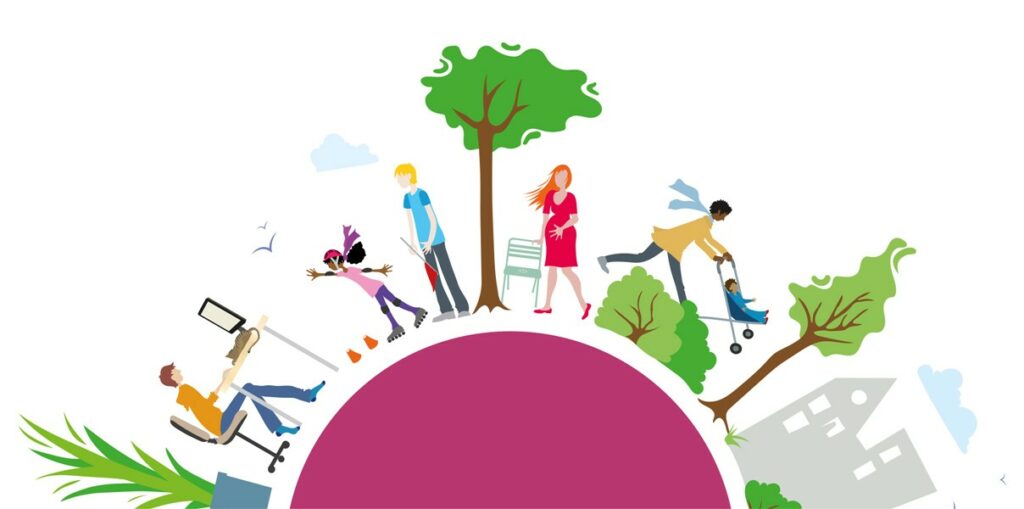
MEMBERS

François Alberto

Lionel Bertaux

Gaël Brasseur

Stéphanie Champ

Emilia Mauriello

